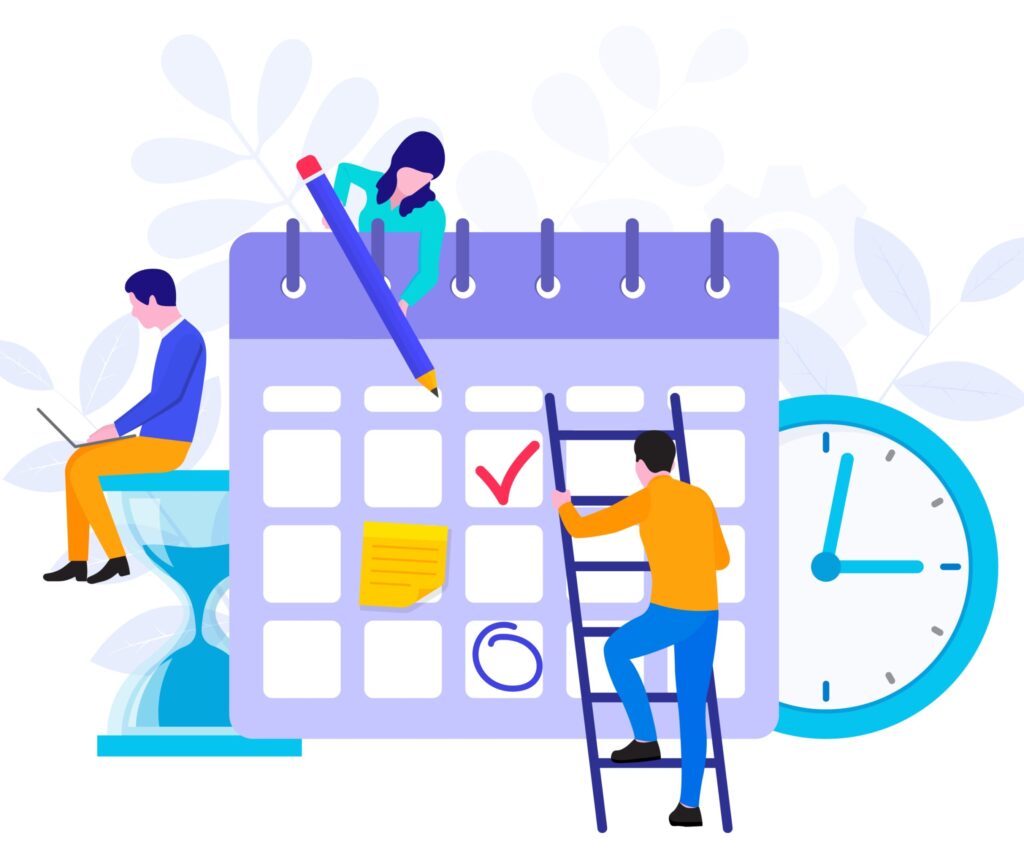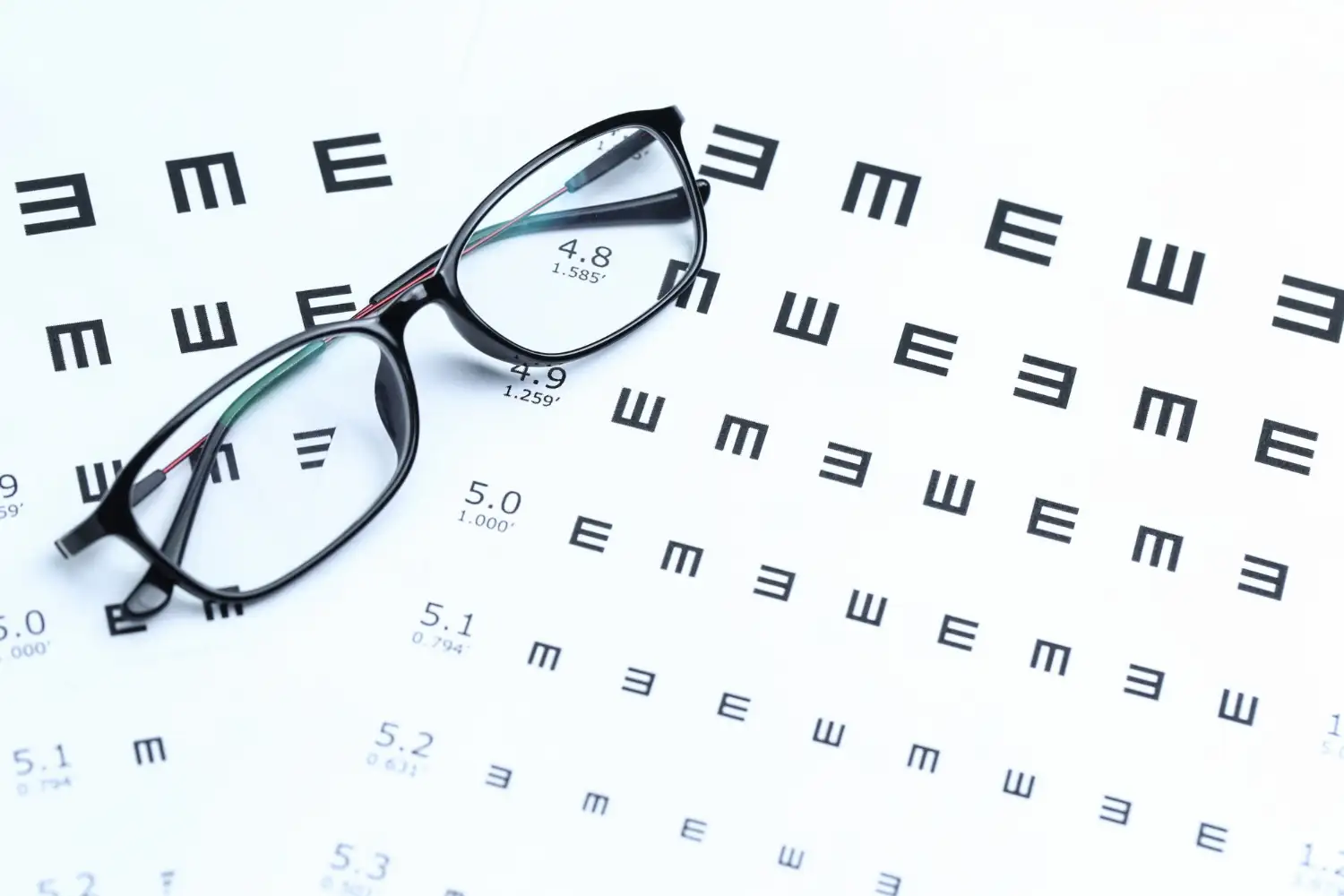Your monthly guide for self-care, advocacy, and clarity
At MeaeCare, we believe caregiving is one of the most compassionate and selfless roles a person can take on — but it’s also one of the most demanding. Whether you’re helping a parent, a spouse, or a close friend, it’s easy to become so focused on someone else’s needs that you forget your own. This monthly blog is dedicated to you — the caregiver.
So pour yourself a cup of tea, take a breath, and let us walk with you through practical tools, emotional support, and resources to help you care not only for your loved one, but also for yourself.
Time Management: Finding Balance Amidst the Demands

Managing time as a caregiver isn’t just about keeping a schedule — it’s about protecting your energy and creating space for both care and recovery. The demands of caregiving can shift your physical, emotional, and mental equilibrium, making it hard to balance work, family, and your own needs. Here are three core strategies to help regain a sense of control and calm.
1. Routines That Support You Both
- Daily: Establishing a consistent daily rhythm with your loved one creates predictability for both of you. While it may feel chaotic in the beginning, with time, you’ll find your flow. This routine can help you better coordinate your personal responsibilities while also offering your loved one a sense of comfort and stability.
- Weekly & Monthly: Designate one day each week — and one day each month — to review and organize appointments, medication refills, errands, and care-related tasks. If your loved one’s medical providers are far away or located in busy areas, be sure to factor in travel time. Consider using a shared family calendar app to keep everyone in the loop and encourage collaboration.
2. Reachable Goals, Realistic Expectations
You don’t have to do it all. It’s tempting to try, but caregiving is not a solo act — it’s a team effort. Overextending yourself is a fast track to burnout. Be honest about what you can handle, and build a support system: ask family and friends for help with even small tasks like grocery runs, or consider hiring professional support for more demanding needs. Realistic goals make room for rest, grace, and sustainability.
3. Self-Care is Not Optional
All the planning in the world won’t protect you from burnout if you’re not caring for yourself. Self-care is more than bubble baths and yoga — it’s about creating the conditions you need to thrive. That might mean asking your workplace about flexible hours or exploring family leave policies. It might mean carving out time for a walk, attending a support group, or speaking with a therapist. Whatever it looks like for you, remember: your health matters too.
Understanding Medicine: One Question at a Time

As we mentioned in June’s Caregiver’s Compass, once you have medical power of attorney in place, it’s essential to deepen your understanding of your loved one’s health — so you can be both an advocate and an informed decision-maker.
Start Here: Know the Diagnosis
Whether your loved one has one condition or several, schedule time with each of their healthcare providers to get a clear, full picture of their current health. Some key questions to ask:
- When did this condition begin?
- What caused it?
- Is it currently being managed, or are additional interventions needed?
Don’t be afraid to take notes, ask for written summaries, or follow up. Clear communication can help avoid confusion and unnecessary stress later on.
Stay on Top of Regular Testing
Many chronic conditions require ongoing monitoring through regular tests. Understanding which screenings are needed, when they’re due, and how they’re covered by insurance is key. At MeaeCare, we offer convenient in-home screenings — including Health Risk Assessments, Diabetic Retinopathy exams, Osteoporosis scans, Spirometry, and Peripheral Arterial Disease screenings — to help your loved one receive proactive care from the comfort of home.
If additional tests are recommended, don’t hesitate to ask:
- What are you looking for?
- Is the test safe and accurate?
- How soon will results be available?
- Who do I contact to review the results and next steps?
Pharmacy 101: Your Trusted Partner in Care

Beyond doctors and hospitals, your local pharmacist is an essential ally. When a loved one sees multiple providers, medication mix-ups can happen — but a good pharmacist can be the safety net.
Why One Pharmacy Matters
Try to fill all prescriptions at the same pharmacy. This ensures a complete record of medications, making it easier for your pharmacist to catch potential drug interactions.
Ask About Over-the-Counter Options
Not all drug interactions are prescription-based. Before offering your loved one cold medicine, sleep aids, or pain relievers, check in with the pharmacist to make sure it won’t interfere with their existing meds.
Supplements and Vitamins Count, Too
Many caregivers don’t realize that even “natural” supplements can affect medications. Your pharmacist can advise on any potential risks and help you make informed choices for your loved one’s wellness.
Before You Go
Being a caregiver is a journey of love, patience, and resilience — but it’s not one you have to walk alone. Whether it’s learning to breathe again, organizing information in one place, or getting the legal tools in place to support your loved one, we hope this blog becomes your monthly touchstone.
Take a breath. Take a break. You’re doing amazing work — and MeaeCare is here to support you every step of the way.


